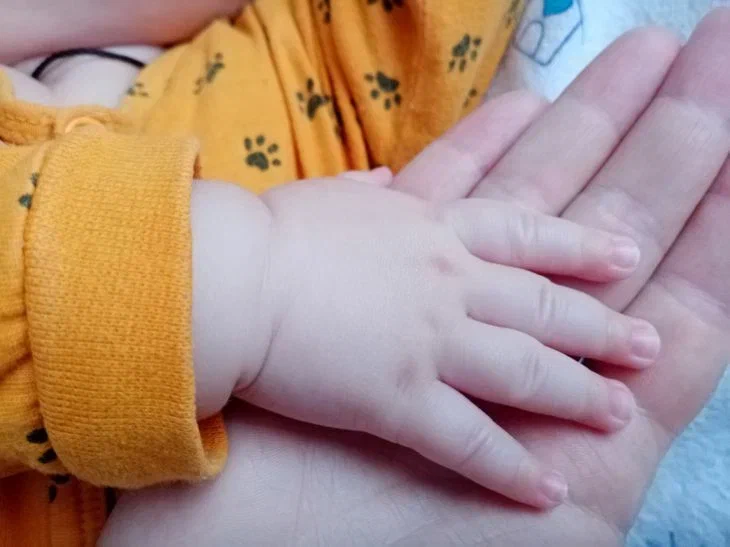The phenomenon in which we do not remember what happened to us in the first years of our life is called “infantile amnesia”.
Scientific discussions on this topic have been going on for a long time, and both psychologists and neurobiologists take part in them.
In this regard, theories from both the fields of psychology and psychoanalysis, as well as from the study of brain processes, are proposed as explanations for this phenomenon.

Thus, Sigmund Freud considered infantile amnesia to be a form of psychological defense that protects the individual from traumatic memories of early manifestations of sexuality.
Some scientists support Freud in that amnesia is a psychological barrier, but do not share his opinion about the role of sexuality.
They believe that memory blocks the recollection of a helpless creature's encounter with the unknown and potentially dangerous reality of the first years of life.
In turn, neurobiologists adhere to a different theory. According to it, the reason is rapid neurogenesis in the infant's hippocampus.
Recent experiments in mice have shown that accelerated neurogenesis impairs the animals' ability to remember. However, it remains unclear whether this approach can be applied to humans.
